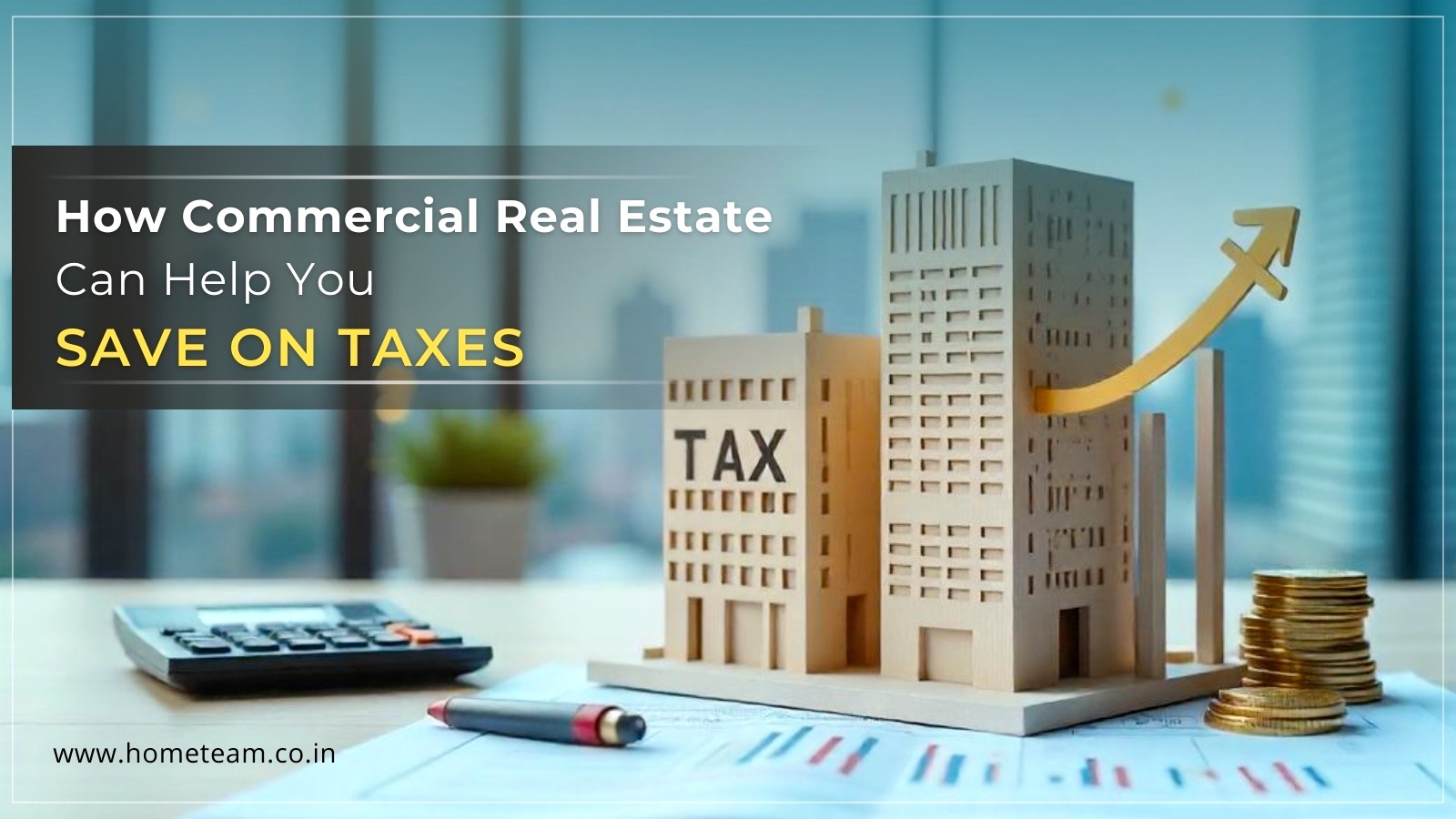The Future of Real Estate: Trends and Predictions for Investors
As the real estate landscape continues to evolve, staying abreast of emerging trends and predictions is vital for investors seeking strategic opportunities. This guide provides valuable insights into the future of real estate, helping investors navigate the dynamic terrain:
Emerging Trends:
1. Tech Integration:
- Smart Homes: The integration of smart home technologies is becoming a norm, enhancing property values and attracting tech-savvy buyers.
- Virtual Tours: Virtual and augmented reality technologies are revolutionizing property showcasing, offering immersive experiences for potential buyers.
2. Sustainable Practices:
- Green Construction: Sustainable and eco-friendly construction practices are gaining prominence, influencing property development choices.
- Energy Efficiency: Properties with energy-efficient features are becoming more desirable, reflecting a growing emphasis on sustainability.
3. Remote Work Impact:
- Home Office Spaces: The rise of remote work has increased the demand for homes with dedicated office spaces, influencing property preferences.
- Suburban Resurgence: Suburban and rural areas are witnessing increased interest as remote work allows for greater location flexibility.
4. Social and Cultural Shifts:
- Wellness-Centric Design: Properties designed with wellness in mind, incorporating features like green spaces and fitness amenities, are gaining popularity.
- Cultural Hubs: Proximity to cultural and recreational hubs is becoming a key factor in property selection for a certain demographic.
5. Market Digitization:
- Blockchain in Real Estate: The adoption of blockchain technology is bringing transparency and efficiency to real estate transactions.
- Online Investment Platforms: Digital platforms are democratizing real estate investment, allowing smaller investors to participate in larger projects.
Predictions for Investors:
- Diversification is Key: With the evolving landscape, diversifying real estate investments across different sectors and locations can mitigate risks.
- Tech-Driven Strategies: Embrace technology for market analysis, property management, and investment decisions to stay competitive.
- Environmental Considerations: Factor in sustainability and energy efficiency trends when evaluating long-term investment prospects.
- Flexible Spaces: Consider the adaptability of spaces for potential shifts in work and lifestyle preferences.
Conclusion:
Investing in the future of real estate requires a keen understanding of evolving trends and thoughtful predictions. By aligning your investment strategy with these emerging dynamics, you can position yourself for success in the ever-changing realm of real estate.
For investors eyeing opportunities in the vibrant Noida real estate market, HomeTeam Real Estate Company stands as a knowledgeable partner. Contact us today to explore the possibilities that the future of real estate holds for your investment goals.
HomeTeam Real Estate Company - Pioneering the way in Noida real estate.
FAQs
Key trends include increased tech integration, sustainable practices, the impact of remote work on property preferences, shifts in social and cultural considerations, and the digitization of real estate transactions through technologies like blockchain.
Technology is influencing the real estate market through smart home integration, virtual tours, the use of blockchain for transparent transactions, and online investment platforms that make real estate investment more accessible.
Investors should focus on diversification, embrace tech-driven strategies, consider environmental trends, and assess the adaptability of spaces for potential shifts in work and lifestyle preferences.
The rise of remote work has increased the demand for homes with dedicated office spaces, leading to a resurgence of interest in suburban and rural areas. Additionally, the flexibility of location has influenced property preferences.
Sustainability is gaining importance in real estate due to increased environmental awareness. Green construction practices, energy-efficient features, and wellness-centric designs are becoming desirable attributes for properties.










